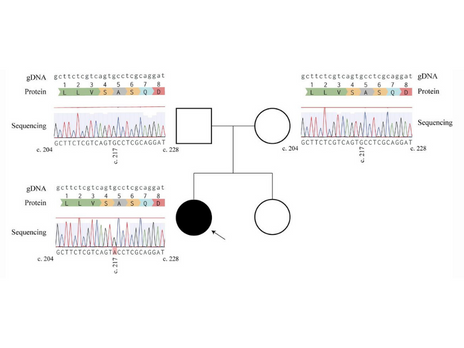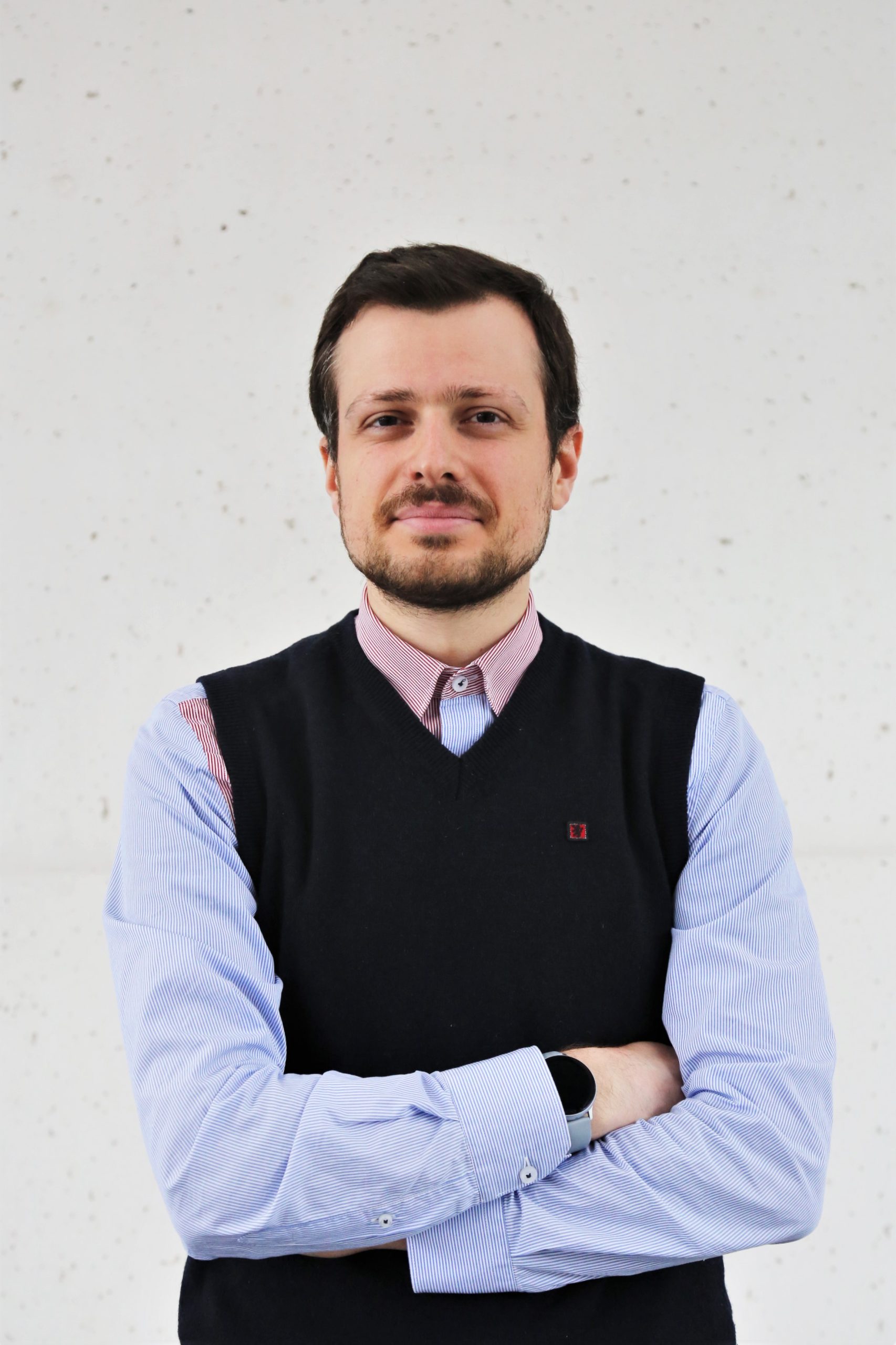Scientific Highlights
Articles
Da Silva, J. D., Oliveira, S., Pereira-Sousa, J., Teixeira-Castro, A., Costa, M. D., & Maciel, P. (2020). Loss of egli-1, the Caenorhabditis elegans Orthologue of a Downstream Target of SMN, Leads to Abnormalities in Sensorimotor Integration. Molecular neurobiology, 57(3), 1553–1569. https://doi.org/10.1007/s12035-019-01833-0
Da Silva, J. D., Teixeira-Castro, A., & Maciel, P. (2019). From Pathogenesis to Novel Therapeutics for Spinocerebellar Ataxia Type 3: Evading Potholes on the Way to Translation. Neurotherapeutics : the journal of the American Society for Experimental NeuroTherapeutics, 16(4), 1009–1031. https://doi.org/10.1007/s13311-019-00798-1
Da Silva, J. D., Costa, M. D., Almeida, B., Lopes, F., Maciel, P., & Teixeira-Castro, A. (2021). Case Report: A Novel GNB1 Mutation Causes Global Developmental Delay With Intellectual Disability and Behavioral Disorders. Frontiers in neurology, 12, 735549. https://doi.org/10.3389/fneur.2021.735549
Bravo, F. V., Da Silva, J., Chan, R. B., Di Paolo, G., Teixeira-Castro, A., & Oliveira, T. G. (2018). Phospholipase D functional ablation has a protective effect in an Alzheimer’s disease Caenorhabditis elegans model. Scientific reports, 8(1), 3540. https://doi.org/10.1038/s41598-018-21918-5
Antunes, C., Da Silva, J. D., Guerra-Gomes, S., Alves, N. D., Ferreira, F., Loureiro-Campos, E., Branco, M. R., Sousa, N., Reik, W., Pinto, L., & Marques, C. J. (2021). Tet3 ablation in adult brain neurons increases anxiety-like behavior and regulates cognitive function in mice. Molecular psychiatry, 26(5), 1445–1457. https://doi.org/10.1038/s41380-020-0695-7
Mendes-Pinheiro, B., Anjo, S. I., Manadas, B., Da Silva, J. D., Marote, A., Behie, L. A., Teixeira, F. G., & Salgado, A. J. (2019). Bone Marrow Mesenchymal Stem Cells’ Secretome Exerts Neuroprotective Effects in a Parkinson’s Disease Rat Model. Frontiers in bioengineering and biotechnology, 7, 294. https://doi.org/10.3389/fbioe.2019.00294
Antunes, C., Da Silva, J. D., Guerra-Gomes, S., Alves, N. D., Loureiro-Campos, E., Pinto, L., & Marques, C. J. (2022). Tet3 Deletion in Adult Brain Neurons of Female Mice Results in Anxiety-like Behavior and Cognitive Impairments. Molecular neurobiology, 59(8), 4892–4901. https://doi.org/10.1007/s12035-022-02883-7
Meira-Carvalho, F., Da Silva, J. D., & Rodrigues, M. (2021). Opicapone in Parkinson’s Disease: Real-World Data from a Portuguese Center. European neurology, 84(2), 129–131. https://doi.org/10.1159/000514544
Funding and Awards
Prize for the Best Hot Chair Presentation at the 7th Ataxia Investigators Meeting (Philadelphia, PA, USA, 2018).










